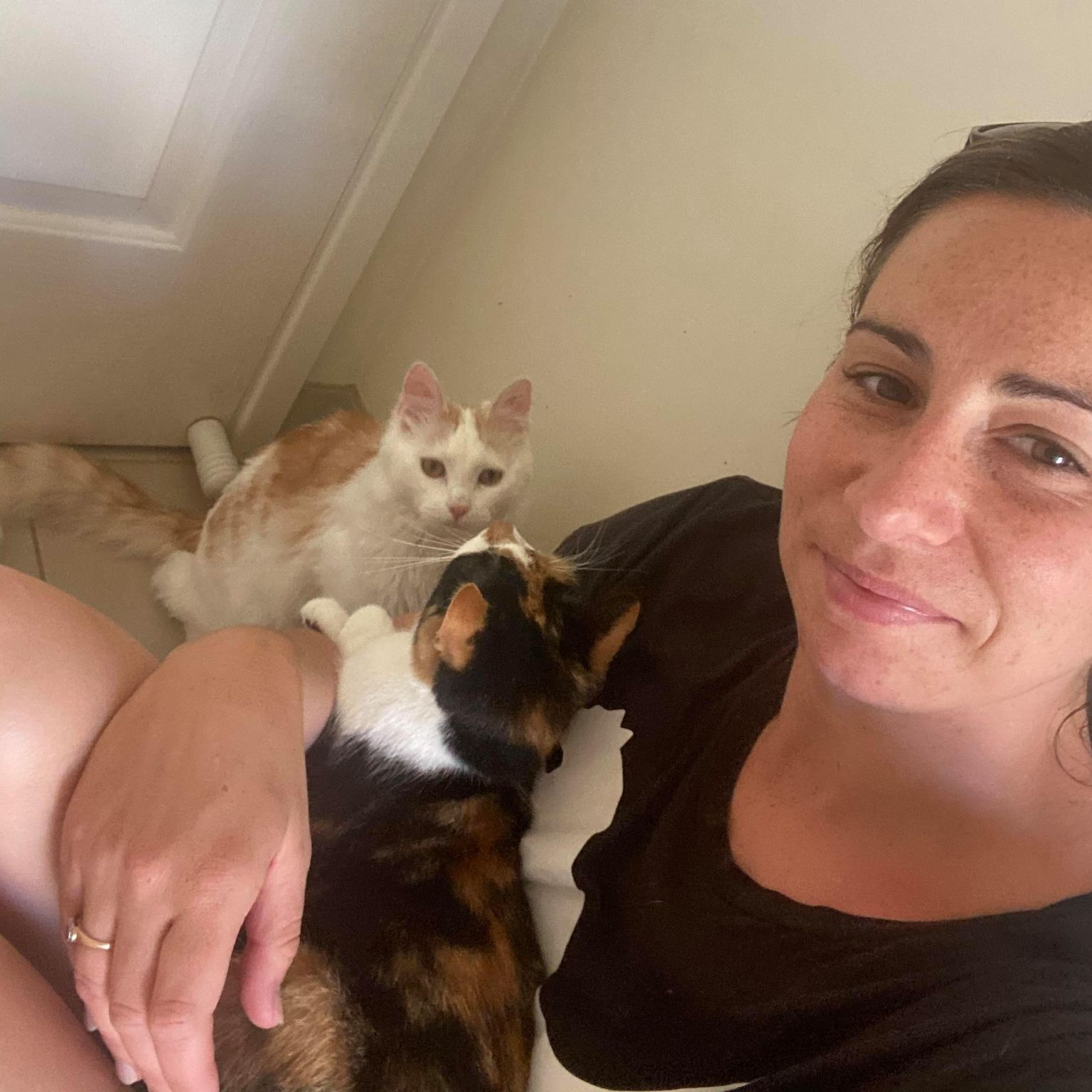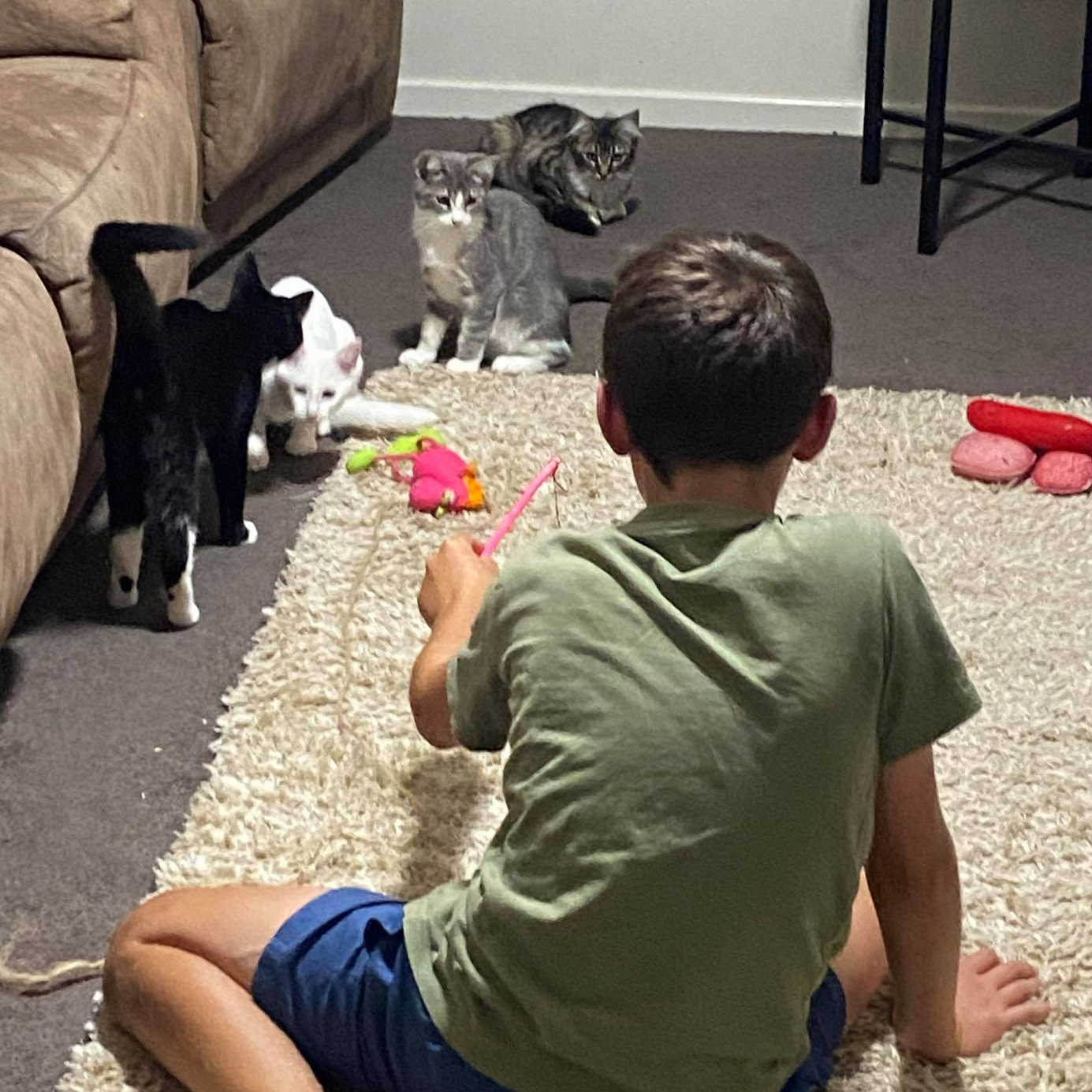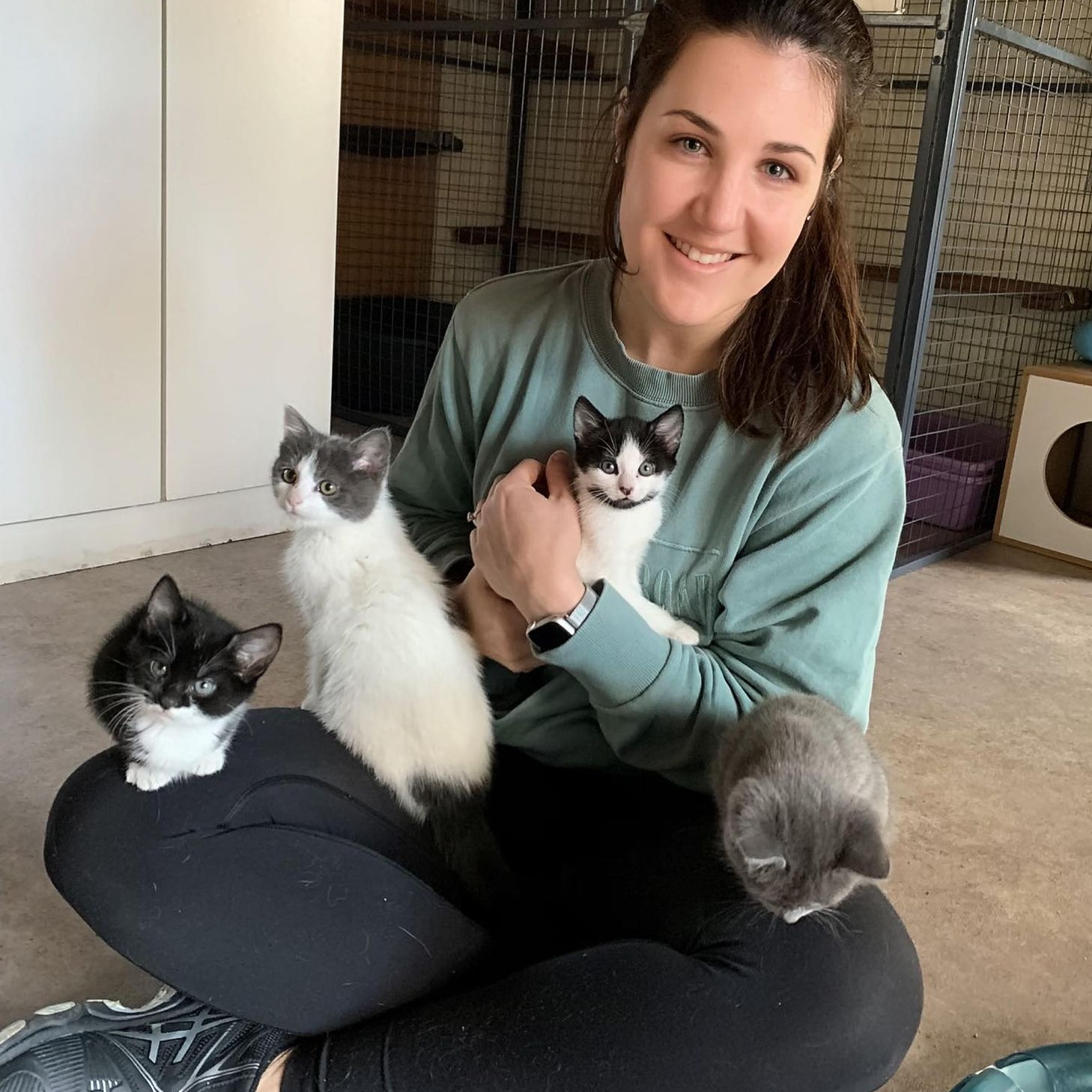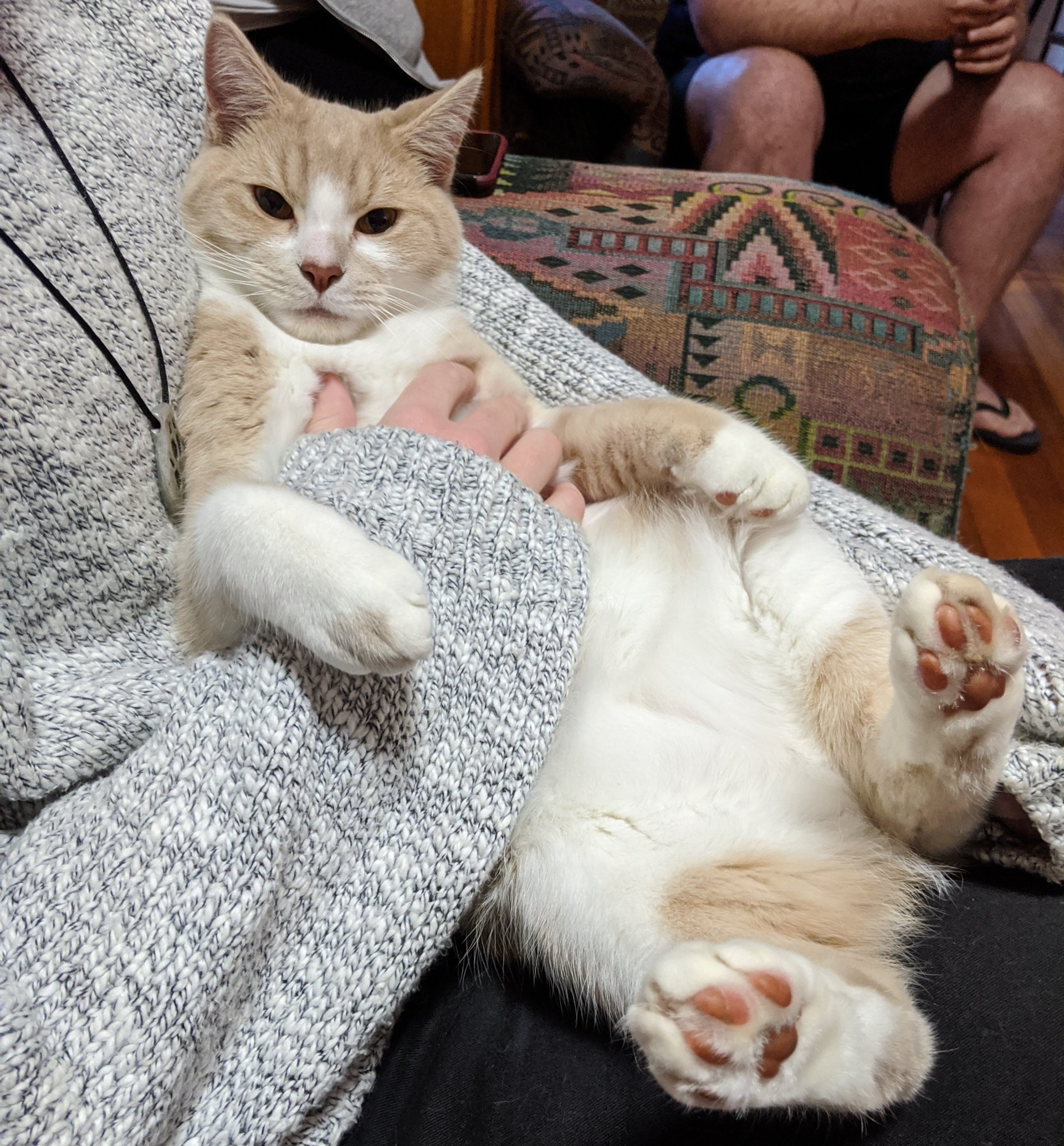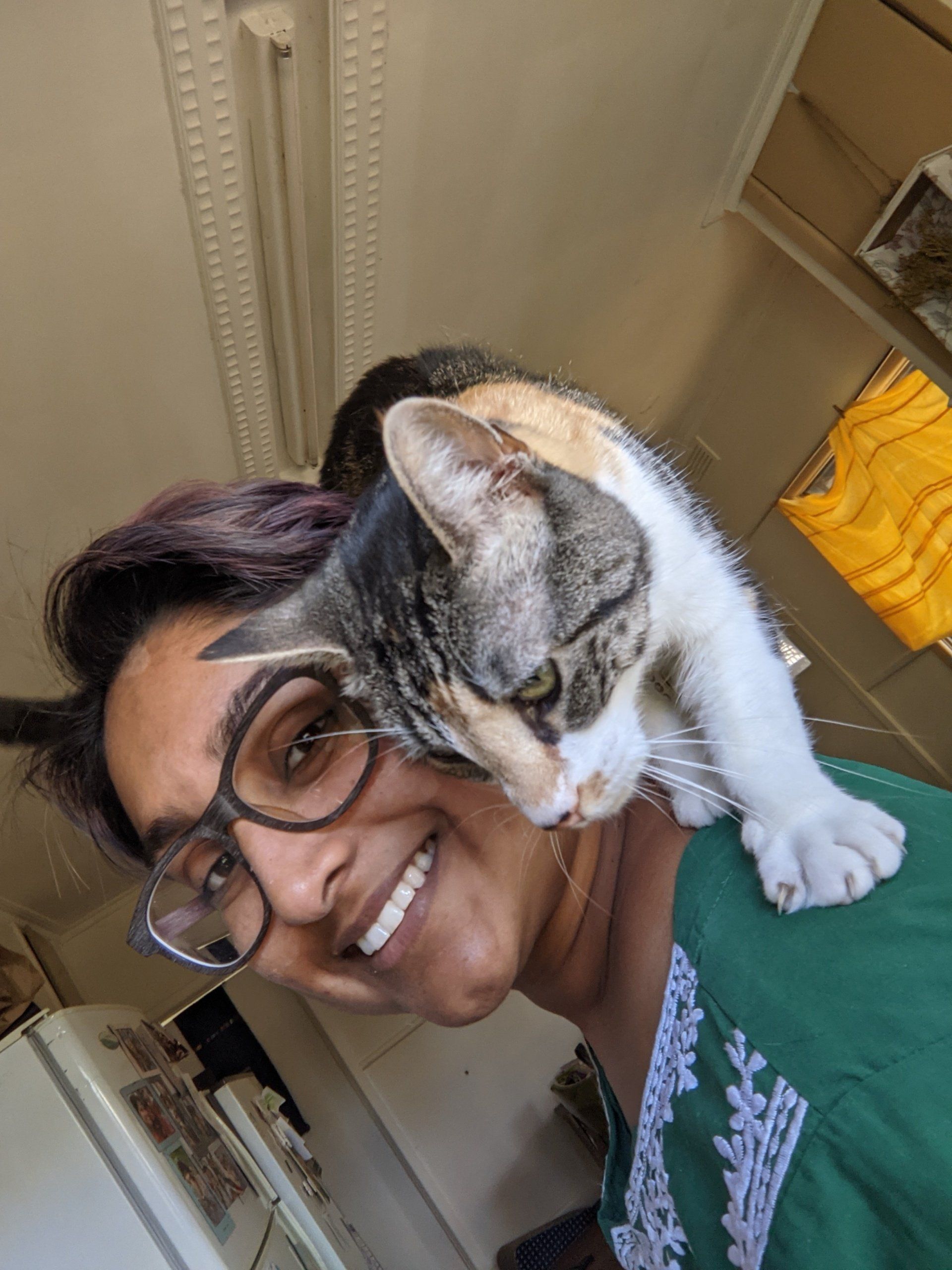FOSTER CARE
Foster Care FAQs
- I am away from home sometimes. Is this alright?
A reasonable amount of time away from an adult animal is 8 hours. Young puppies should ideally be checked on and fed at 4 hour intervals. Animals that require medication can normally be organised around work hours.
- Does Horsham PAWS profit from the sale of animals?
No, the adoption fee helps to cover some of the costs associated with re-housing an animal (this includes de-sexing, micro-chipping, vaccination, flea and worm treatment and any other costs for medical treatment). Horsham PAWS helps to subsidise the cost of rehousing by contributing up to half of the vets fees so that the adoption cost is kept as low as possible.
- Can I be a Horsham PAWS Foster Carer if I have pets of my own?
Yes, but please keep in mind that it’s always a health risk to expose your animal(s) to other animals whether it’s walking in public places, veterinary waiting rooms or other common animal areas. The health risk is minimal if your animals are current on their vaccinations, maintains a healthy diet and lifestyle, and are not elderly or very young.
- Why does my own pet need to have current vaccinations & be desexed?
We require that all of your own animals be current on vaccinations that protect them from diseases before you bring home a foster animal. We recommend that you consult your veterinarian to ensure your own animals have received the preventive treatment they need to keep them safe. We require that your own animals be de-sexed to prevent them breeding with a foster animal that may be entire. We highly recommend that your animals have a regular flea and worm treatment.
If you have a cat that has previously had cat flu, please advise a Horsham PAWS representative before fostering. Cats can become carriers even if seemingly well themselves and can go on to infect other cats / kittens. This is a consideration even if your cat has now recovered and has regular vaccinations.
- What supplies are needed to foster?
We recommend that you have:
DOGS – a good quality strong lead
CATS – a separate littler tray to that of your own cat (if you have any)
DOG & CATS - some basic toys available to keep their minds active, and also a separate food and water bowl to that of your own pets.
- What if I only want to foster a particular type of animal like seniors or kittens?
Volunteers may specify which type of animal will best suit their experience and circumstances on their Horsham PAWS foster career application form.
- How long will the animal be with me?
It completely depends on the animal and the situation, each foster animal is different. Some animals may only stay a few weeks, others requiring behavioural rehabilitation and older dogs can stay longer.
- What if I have children?
Fostering can be a wonderful family experience. It’s important to select an animal that is “age” appropriate with your children. As a general rule, children under 16 years old should NOT be left alone and unsupervised with any animal. You must also be diligent about providing guidance, instructions and rules to your children about caring for a foster animal.
- Can I walk my foster dog off leash?
No. The Code of Practice for Management of Dogs and Cats in Shelters and Pounds (Department of Primary Industries) stipulates that all pound animals placed in foster care must remain on lead at all times when being walked off the carers property. It is also stipulated that foster carers are to walk no more than two dogs at a time, to ensure the foster dog is suitably managed and kept under control.
- Who pays for the cost of food?
The Horsham PAWS association receives no formal funding, relying on membership fees, fundraising and donations from the community. As a small association we only have limited resources; however we like to be able to help our foster careers where we can. There is a section on the application form to nominate if you can pay for the food yourself or if you would need assistance providing food for your foster animals. This information will help us to help you with the foster animals food if needed.
- How are foster animals promoted?
All animals in the care of Horsham PAWS are promoted on the Horsham PAWS Facebook page.
https://www.facebook.com/HorshamPAWS/
- Can I say no to Horsham PAWS requesting that I foster a certain animal?
Horsham PAWS wants to ensure as much as possible that the match between foster carer and animal is an appropriate one. Foster carers are encouraged to specify what types of animals are best suited to your situation on their application form. We will endeavour to place an animal that is well suited to your circumstances with the information you provide. If however we contact you and ask if you can foster a particular animal and you are unsure that this is the right foster animal for you, we would prefer for you to say no from the beginning. When an animal is placed in a foster home we aim to have them in the one foster home for the entire foster period (if possible).
- Do I need to have prior animal medical knowledge or expertise?
No, but you may be asked to dispense medicine to your foster animal so you will have to be comfortable following veterinarian’s instructions if fostering a sick or injured dog.
- What happens if my foster animal gets sick or injured?
All veterinary costs are paid by either the HRCC or Horsham PAWS. If a foster dog becomes sick, foster parents must call your Horsham PAWS foster program representative to organise appropriate treatment and if needed veterinary appointment. A veterinary appointment can only be scheduled with approval from Horsham PAWS.
- Are foster animals ever euthanized?
Horsham PAWS dedicates energy, love, money and time to our foster animals, and is committed to finding homes for ALL adoptable animals in Horsham PAWS care. Some animals are in foster care because they’re seriously ill or injured. If, after medical attention, an animal is too young or too weak to heal, is suffering, or the animal has a life threatening illness that cannot be cured, treated or practically managed by a new owner then the decision may be made to have the animal humanely euthanized. This decision is made by the HRCC ranger and / or the Horsham PAWS committee.
On rare occasions, a dog or cat in foster care may start to exhibit potentially dangerous behaviour that was unknown or suppressed when the animal was at the pound. The HRCC Rehousing Officer may determine that this animal is too dangerous and will organise for the animal to be humanely euthanized. You must immediately inform the Horsham PAWS foster care representative if your foster animal exhibits any aggressive behaviour.
- Am I responsible for finding my foster animal a permanent home?
No, but we do need your help. Often a foster carer will find a perfect match through their own network of friends, family and colleagues. Horsham PAWS enthusiastically welcomes these referrals! If you think you have found a perfect forever home for your foster animal, please refer them to the HRCC Rehousing Officer or Horsham PAWS.
- How can I help my foster dog become more adoptable?
There are two main ways to help make your foster animal more adoptable. First and foremost is the marketing of the foster animal. If no one knows about your foster animal, or how wonderful the animal is, then it will be near to impossible to find them a new forever home. Giving a foster animal additional exposure by telling friends and family about them will help create a “network effect” and will speed up the process of finding a forever home. Horsham PAWS promotes all animals on their Facebook page. This is a great way to spread the word if you have access to Facebook. Secondly, in the case of dogs, they benefit greatly from exercise and getting out and about where people can meet and greet the dog. This will also help the dog with its basic training. Providing a foster animal with basic training and good manners will increase their adoptability. Shy animals will benefit from your patience, routine and slowly exposing them to new people and other animals to build their confidence. Working with adolescent animals to teach them good manners will help show off their trainability and long term potential to be a wonderful addition to prospective adopters. And while puppies are adorable, they need a lot of love, attention and guidance from their foster careers to develop properly and feel secure. Teaching a foster animal basic training such as house training, basic commands of sit, stay etc and teaching a dog not to drop greatly increases a dogs chances of being adopted.
- Can I adopt my foster animal?
Yes. If you decide to adopt your foster animal contact the HRCC Rehousing officer or Horsham PAWS. The sooner the Rehousing officer knows this the sooner they can stop taking enquiries about the foster animal and prevent more than one family wanting to adopt the animal at the same time.
- What is the process for adopting a foster dog?
- Potential adopters contact the HRCC to enquire about the animal.
- A time is made for the potential new owner to come and meet the animal. Potentially with any other animals they may currently own to meet and greet the animal for adoption.
- The potential new owner will decide if they would like to adopt the animal and contact the HRCC Rehousing Officer.
- Adoption is approved or rejected by the HRCC Rehousing Officer. Final approval of all adoptions is at the sole discretion of the HRCC Rehousing Officer.
- Once approved, the potential new owner pays adoption fees to the HRCC and the rehousing officer makes a spay/neuter appointment, if necessary. Foster animals cannot go to a potential new owners home until the adoption is official and approved by the HRCC Rehousing Officer. The spay/neuter appointment can take a week or two to occur. In the mean time the animal stays with the foster carer.
- The foster animal then gets delivered to the vet by the foster carer. The animal is collected from the vet by his or her new forever home. Foster carers should stay in contact with their Horsham PAWS foster program representative or HRCC Rehousing ranger for assistance with the adoption process.
- Won’t I be sad to hand the animal back?
There is sadness and sometimes some tears when your foster animal leaves. However there is also an immense feeling of satisfaction that you have played a pivotal part in saving an animal's life. It is especially rewarding to hear the new owners talk about how wonderful their new pet is and know that it was your love, care and dedication that helped to make that pet such a special animal.
- IMPORTANT RULES AND REMINDERS REGARDING YOUR FOSTER ANIMAL:
In addition to the requirements and responsibilities outlined in the Horsham PAWS Information for Prospective Foster Carers, Horsham PAWS FAQ’s and the Horsham PAWS Foster Care Agreement foster parents MUST abide by the following rules:
- Foster dogs must be on leash at all times when outdoors unless in your own secured fenced yard. Only two dogs can be walked at one time by the foster carer.
- Any aggressive behaviour must be immediately communicated to Horsham PAWS foster program representative.
- All vet visits must be pre‐approved by one of the Horsham PAWS foster program representative or the Horsham Rural City Council Rehousing Officer.
- All cats must be kept inside or in a cat enclosure at all times.
Foster Care Application
Why is Foster Care important to the work of Horsham PAWS?
Pound environments can be stressful and anxiety provoking and can in some cases create behavioural and psychological problems in otherwise stable animals. For this reason, Horsham PAWS endeavours to minimise the time animals spend in the pound by matching them to a suitable home environment. This is after the animals have undergone basic temperament testing and health checks.
By taking a foster pet into your home you are providing direct and immediate relief from the pound environment. This is one of the greatest contributions you can make towards helping a pet find their “forever home.” Foster carers help prepare pets for their new homes by providing stability, care and training. While caring for a pet you learn more about its character, behaviour, likes and dislikes. This information is valuable in helping Horsham PAWS match the pet to a new home.
Interested in becoming a Foster Carer?You can apply now by completing the form below
Thank you for applying to foster animals with Horsham PAWS!
We are entirely volunteer run and will get back to you as soon as possible.
Please try again later.

